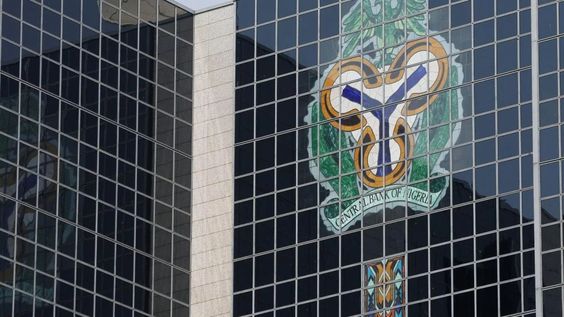Business
Experts to CBN: An increase in loan defaults is a result of economic hardship

According to economic experts, factories and enterprises are being forced into insolvency, non-profitability, and the inability to repay loans provided by the Central Bank of Nigeria, CBN, and other institutions as a result of inflation, energy costs, and foreign exchange issues.
Manufacturers and industrialists got nearly $9.7 trillion in loan interventions during the period under consideration, according to information provided by the CBN. Despite efforts to help businesses recover, the top bank bemoaned the rise in the number of defaulted loans nationwide.
The CBN urged Nigerians to view loans as facilities that must be returned rather than as gifts.
During its retreat for the development finance department on Monday, the CBN said this.
According to the Debt Management Office, as of September 30, 2022, Nigeria’s overall debt stock increased to N44.06 trillion from N42.84 trillion the previous month.
Commercial banks gave consumers loans of N27.31 trillion in the first three months of this year, but their non-performing loans, or NPLs, represented only 4.95 percent of that total. This comes after the nation’s economic crisis, which was made worse by insufficient revenue sources and a rising debt repayment burden.
Analysts, on the other hand, have linked the rising number of bank loans that aren’t paid back to the huge economic problems that Nigerians and business owners face every day.
Idakolo Gbolade, a financial inclusion and wealth management expert, stated in a conversation with Obasanjonews24 that the inflation, energy, and foreign exchange shortages are to blame for the rise in loan default rates among manufacturers and company owners.
“The CBN loans to manufacturers have helped them keep up production in this very challenging operating climate, but many issues, including energy costs, inflation, and foreign exchange challenges, could impair profitability and their ability to consistently repay the loans,” he stated.
“Considering various external factors affecting production in the nation, such as security, rising poverty that has decreased purchasing power, unfriendly operating environments, and stiff competition from imported products, which are very important factors affecting the manufacturing sector, the CBN’s intervention in the sector alone cannot lift the economy.”
If we want the industrial sector to be profitable enough to repay CBN loans, the federal government must consider these mitigating variables, he added.
Additionally, Prof. Godwin Oyedokun, a professor of accounting and financial development at Lead City University in Ibadan, claimed that the CBN’s loan interventions are merely cosmetic as long as the underlying causes of Nigeria’s economic difficulties are not resolved.
Oyedokun says that more companies will soon file for bankruptcy if care is not taken.
Because most businesses struggle to stay afloat, the scenario is understandable given Nigeria’s severe economic realities. In many cases, operating costs are now higher than profit margins, which makes it harder for a company to pay back its debts.
“How do you want a company that is barely making ends meet to repay loans?” The majority of investments in Nigeria are having a difficult time right now because so many have had to close. The Central Bank of Nigeria’s interventions through loans, according to him, are purely cosmetic and would only drive out defaulters unless Nigeria addresses the underlying causes of inflation, insecurity, a lack of foreign currency, and high energy costs, among others.
